7 Enterprise Applications for Companies Using Cloud Technology
Smart Data Collective
AUGUST 30, 2022
Enterprise cloud technology applications are the future industry standard for corporations. Here’s how enterprises use cloud technologies to achieve a competitive advantage in their essential business applications. Cloud technology results in lower costs, quicker service delivery, and faster network data streaming.



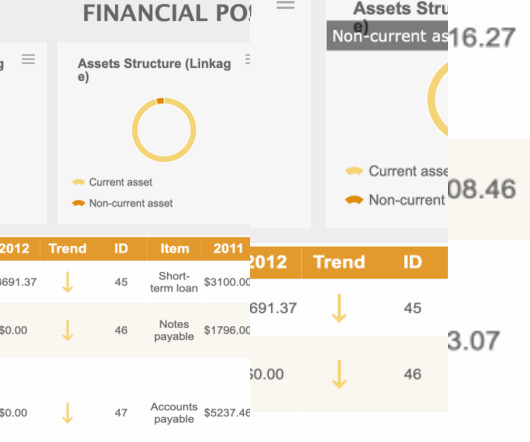

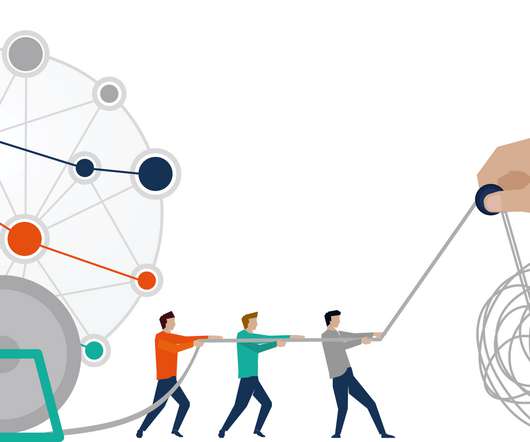

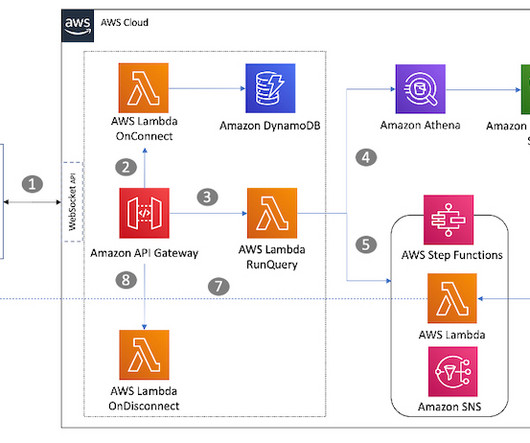
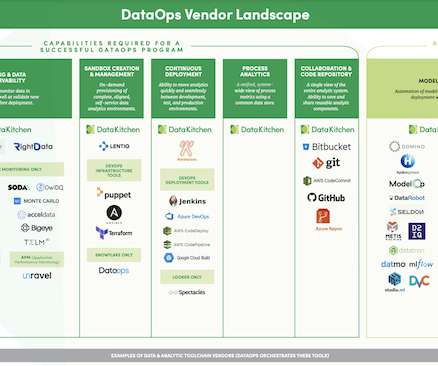

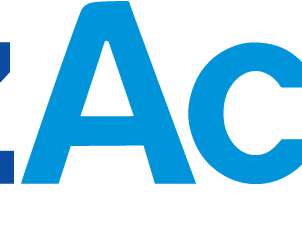


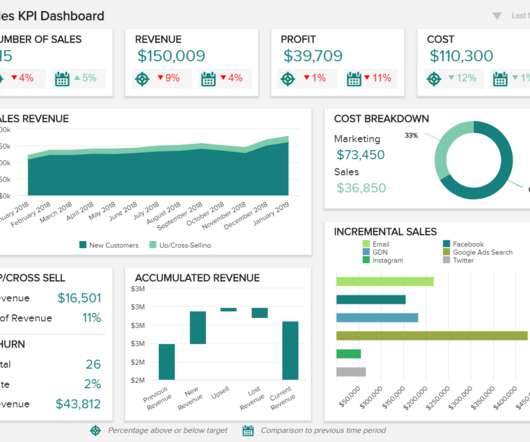








Let's personalize your content